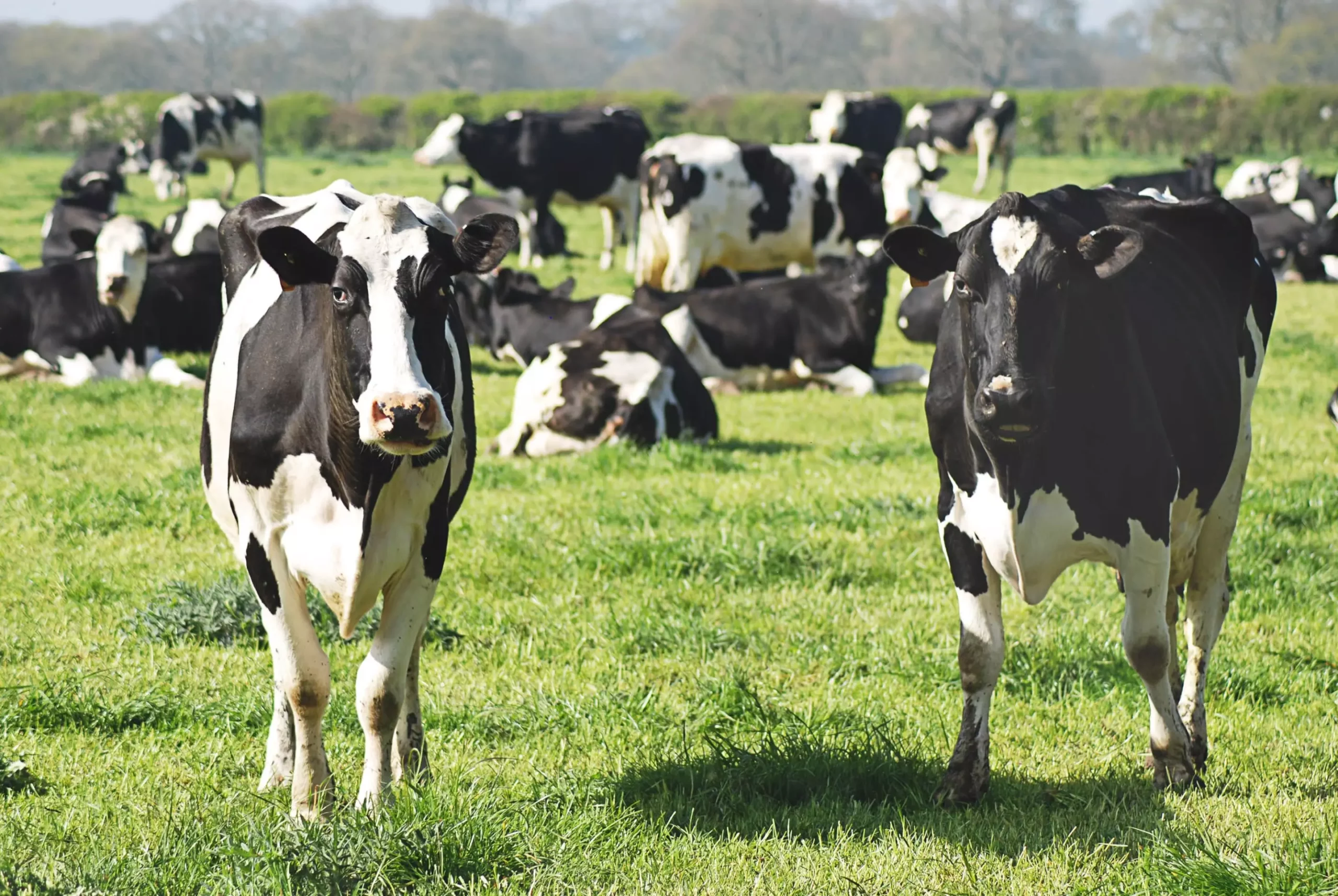A new international study conducted by a group of scientists led by the Universities of Groningen and Birmingham reveals that protecting our planet from the impact of climate change requires reducing greenhouse gas (GHG) emissions from the global food system, which currently accounts for a third of man-made GHG emissions. The research suggests that unless we bring down GHG emissions from the food industry, all other efforts to protect the planet will fall short.
The study shows that beef and dairy consumption in rapidly developing countries such as China and India have triggered the largest increase in emissions within food supply chains. In contrast, emissions per head in developed countries with a high percentage of animal-based food have declined. The United Nations predicts that an additional 70% of the current food demand will be needed to feed the world’s estimated population of 9.1 billion by 2050, further boosting emissions.
The report, published on 15 June in Nature Food, suggests that the growth of the global population and increasing demand for emission-intensive food are likely to further boost emissions. The study recommends a global shift in diets, including reducing excessive intake of red meat and improving shares of plant-based protein, to reduce emissions and avoid health risks like obesity and cardiovascular disease.
Professor Klaus Hubacek from the University of Groningen, corresponding author of the report, said, “Mitigating emissions at every stage of food supply chains from production to consumption is critical if we are to limit global warming. However, widespread and lasting diet shifts are very difficult to achieve quickly, so incentives that encourage consumers to reduce red meat or buy products with higher environmental dividends could help to reduce food emissions.”
The study analyzed data linking emissions to consumers between 2000 and 2019, revealing that in 2019, food consumption in the five highest emitting countries, China, India, Indonesia, Brazil, and the US, was responsible for more than 40% of global food supply chain emissions. Annual global GHG emissions associated with food increased by 14% (2 Gt CO2-eq) over the 20-year period. The substantial increase in consuming animal-based products contributed to about 95% of the global emissions rise, accounting for almost half of total food emissions. Beef and dairy contributed 32% and 46% of the increase in global animal-based emissions.
Consumption of grains and oil crops is responsible for 43% (3.4 Gt CO2-eq in 2019) and 23% (1.9 Gt CO2-eq) of global plant-based emissions, respectively, while rice contributes to over half of the global grain-related emissions (1.7 Gt CO2-eq), with Indonesia, China, and India being the top three contributors. Soybean (0.6 Gt CO2-eq) and palm oil (0.9 Gt CO2-eq) have the largest shares in global emissions from oil crops, with 30% and 46%, respectively. Indonesia, the world’s leading consumer of palm oil, has the largest emissions from palm oil (35% of the global total in 2019), followed by Southeast Asia (13%), Western Europe (10%), and China (9%).
The study reveals significant differences in emission patterns and the reasons behind these trends. The researchers classified these trends into four categories: countries with high per capita food emission levels and dominant livestock emissions, developed countries that rely heavily on imports and outsource substantial amounts of food-related emissions, rapidly developing countries with substantial emissions increase driven by rapid population growth or improved living standards, and countries with emission-intensive production, mainly with extensive land-use change activities.
The report also indicates that trade policies are accelerating emissions by increasing food imports from countries/regions with emission-intensive production. For example, the EU’s Green Deal encourages less intensive agriculture in Europe and increasing imports of agricultural products from countries such as Brazil, the US, Indonesia, and Malaysia.
The study shows that protecting the planet from climate change requires reducing GHG emissions from the global food system. A global shift in diets, including reducing excessive intake of red meat and improving shares of plant-based protein, is necessary to reduce emissions and avoid health risks. Widespread and lasting diet shifts may be difficult to achieve quickly, but incentives that encourage consumers to reduce red meat or buy products with higher environmental dividends could help to reduce food emissions.


Leave a Reply